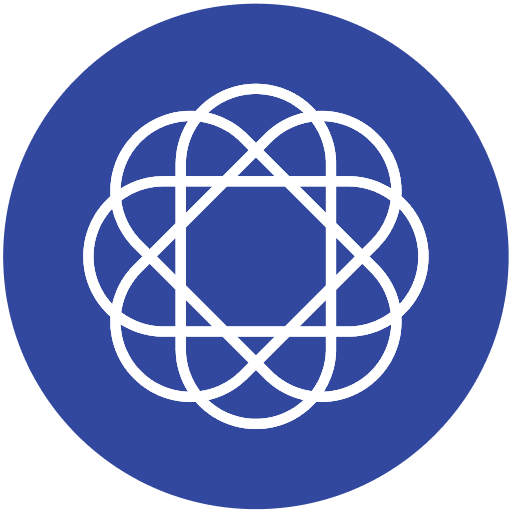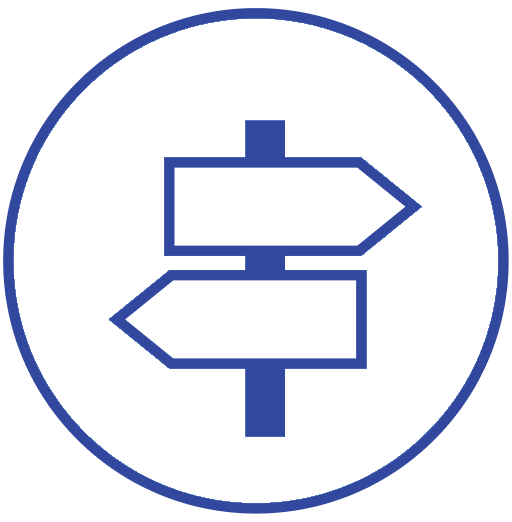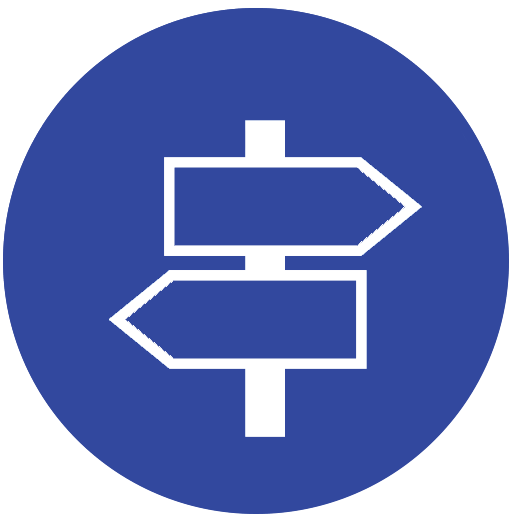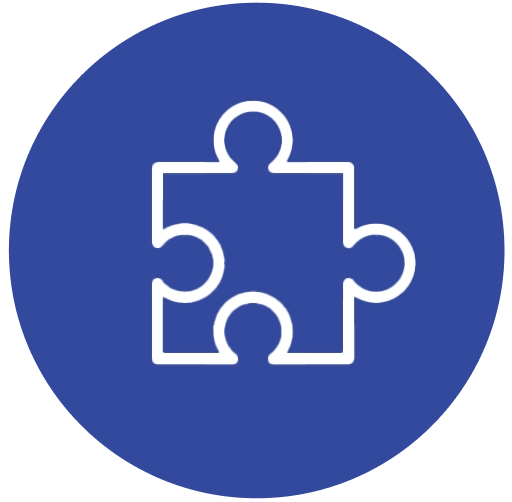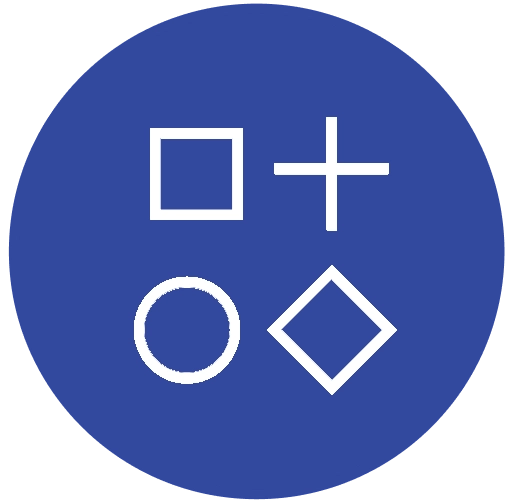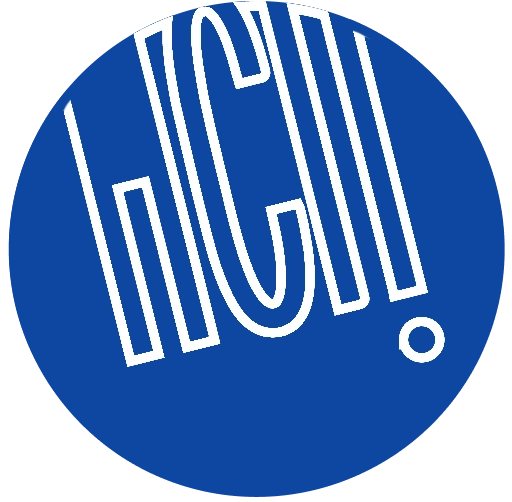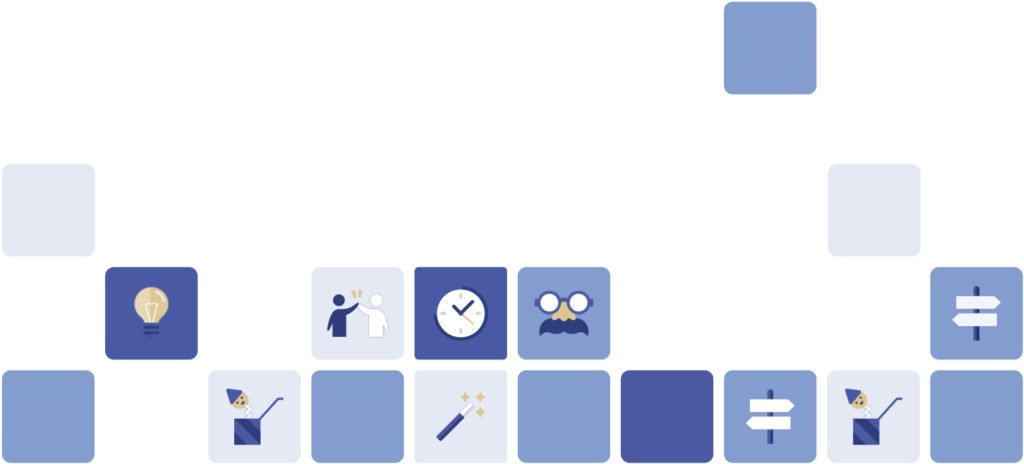Current Education System Urgently Needs More People Skills
Today, we live in a constantly evolving, innovation-driven world. While the education system does excel at shaping the minds of high-achieving and determined students, we must acknowledge a serious drawback: high school students tend to be motivated solely by grades and college applications. As a result, students are book smart and have a checklist mindset towards learning.
In the modern society, where there are no exams but fast-evolving industry standards, there is an urgent need for people skills and self-motivated learning.
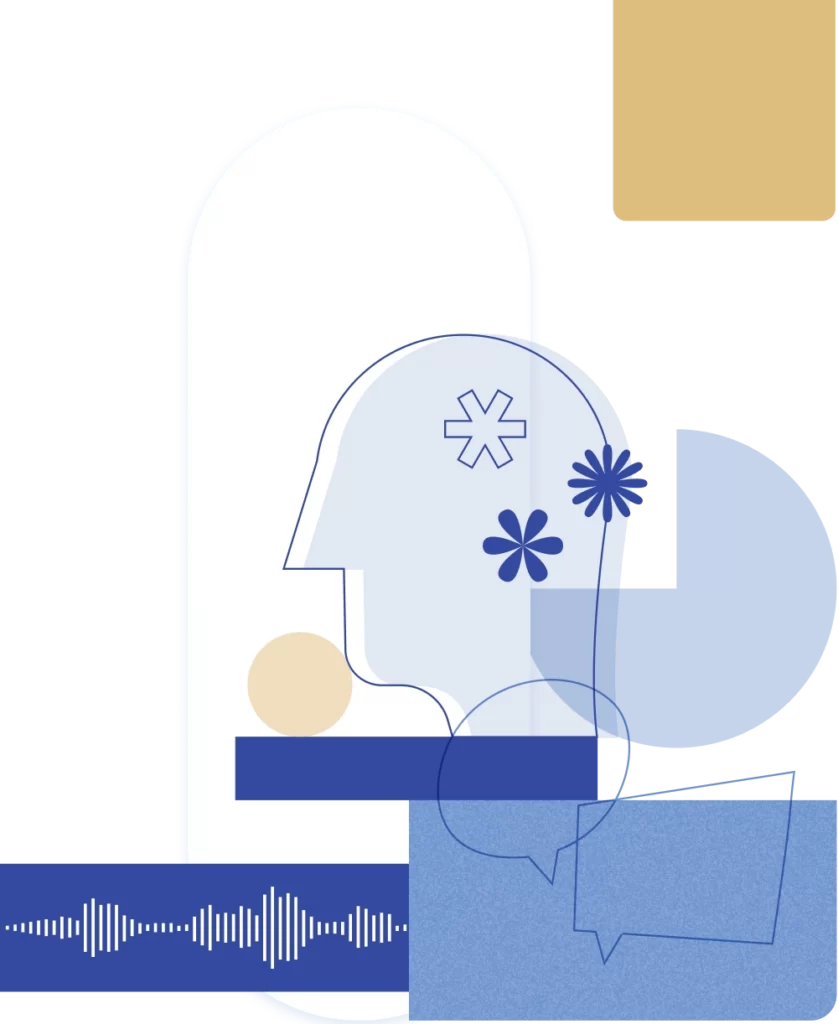
People’s Skills lead us one step closer to the ideal future...
Where students Iteratively improves
How might one achieve success in an ever-changing landscape of metrics?
By empowering students with the ability and autonomy to make choices, set goals, and take actions based on their own values, interests, and desires, they can navigate through any environmental changes and lead themselves towards the success they aspire to.
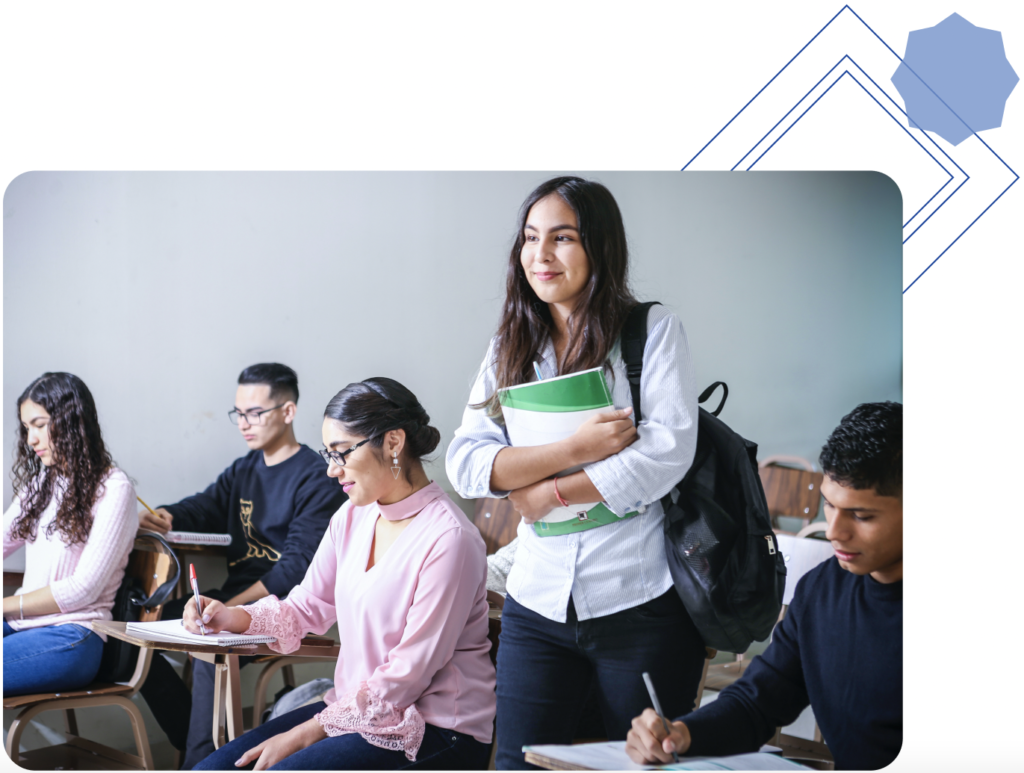
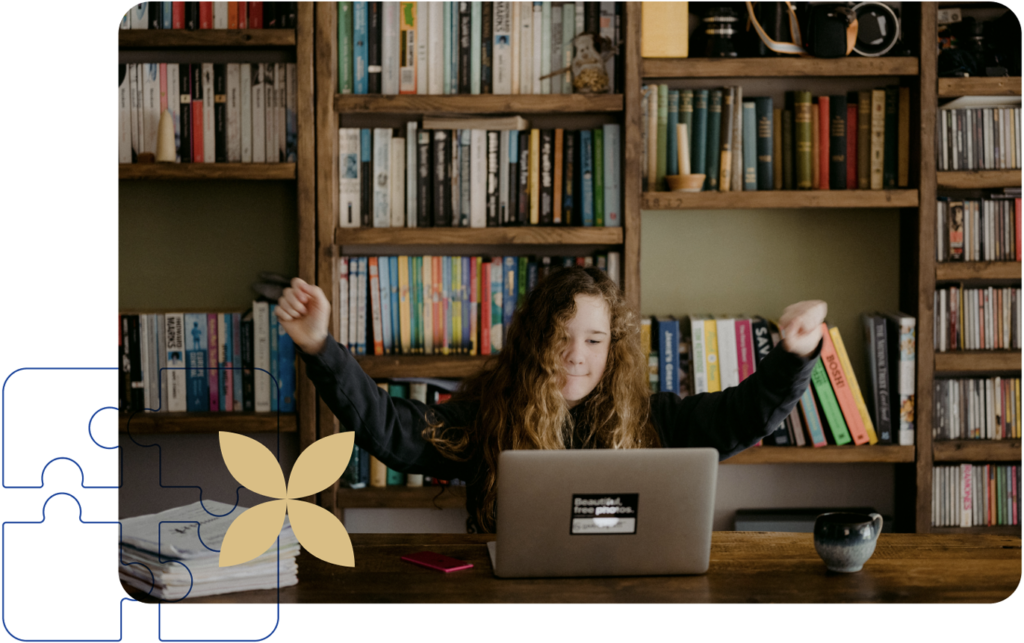
Where students Iteratively improves
Reflecting on strengths, weaknesses, and goals has been identified as a crucial step towards self-direction and iterative improvement, thereby paving the path to success. Effective design reflection is thus an indispensable part of future education.
Where we have shared experiences
A delicate balance is vital between individual learning and community growth. Overemphasizing personalization at the expense of shared values reduces group cohesion and hinders empathy and collaboration. Conversely, ignoring students’ personal hopes and aspirations in classroom design creates factory-like schools that neglect individual needs.
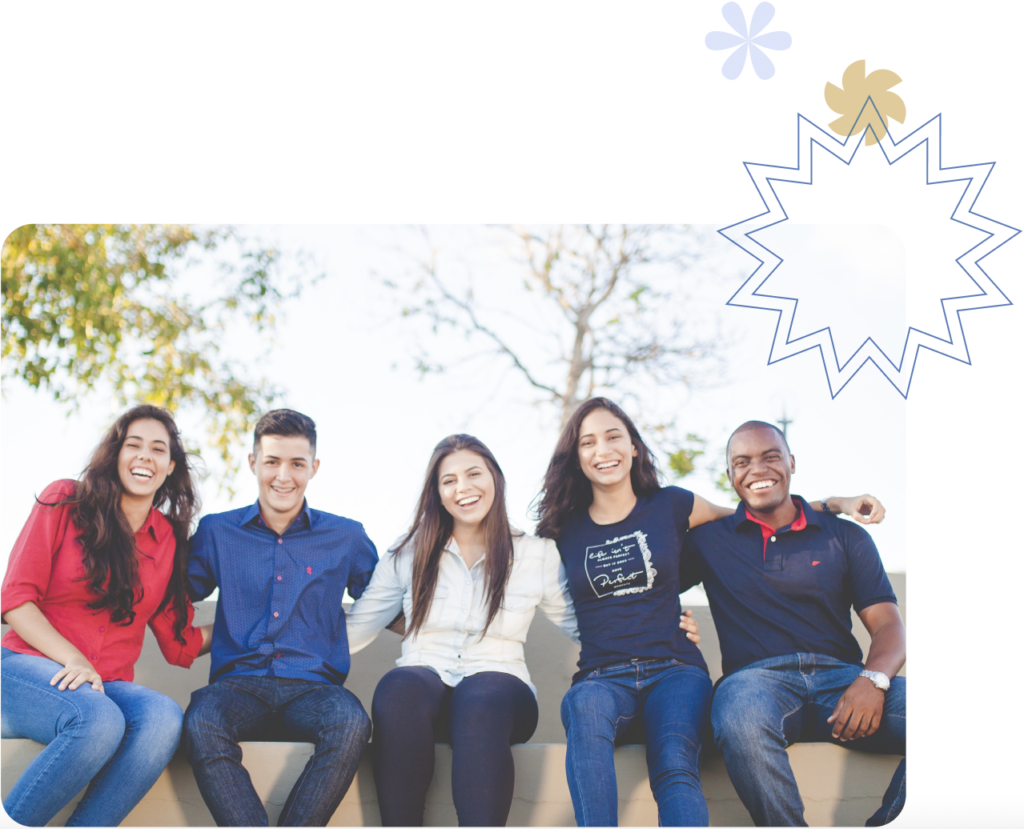
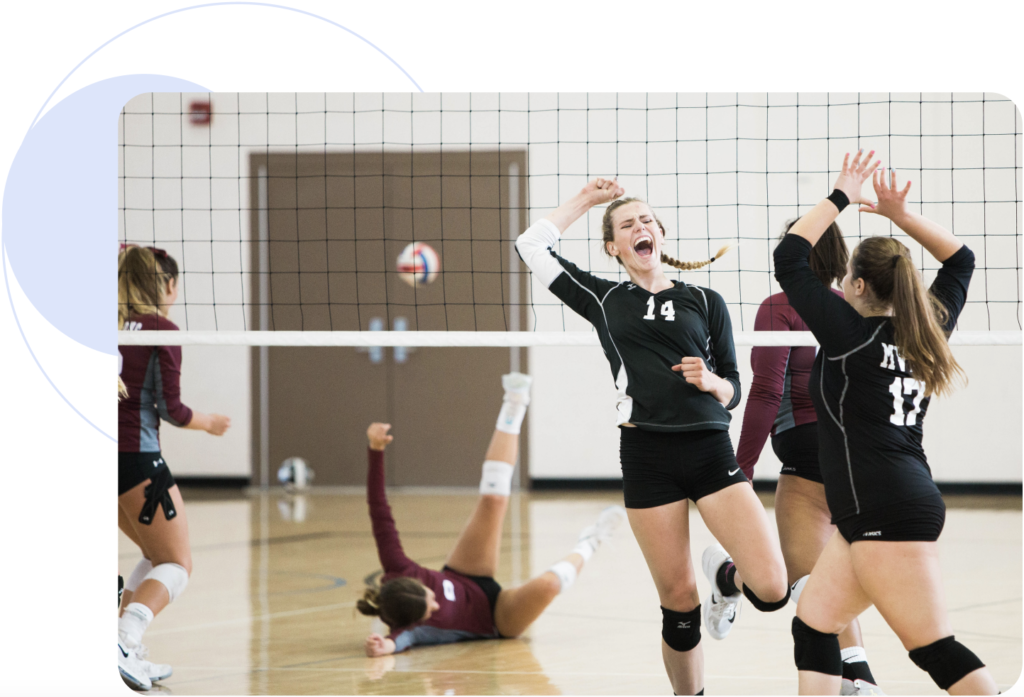
Where learning is no longer a chore
Schoolwork is often viewed as a tedious task to be checked off and forgotten. How might educators and administrators transform this essential puzzle piece into an enjoyable experience that students eagerly anticipate, rather than a burdensome chore?
Yet, barriers stand in the way of reaching a better tomorrow.








We are here to help block-bust!
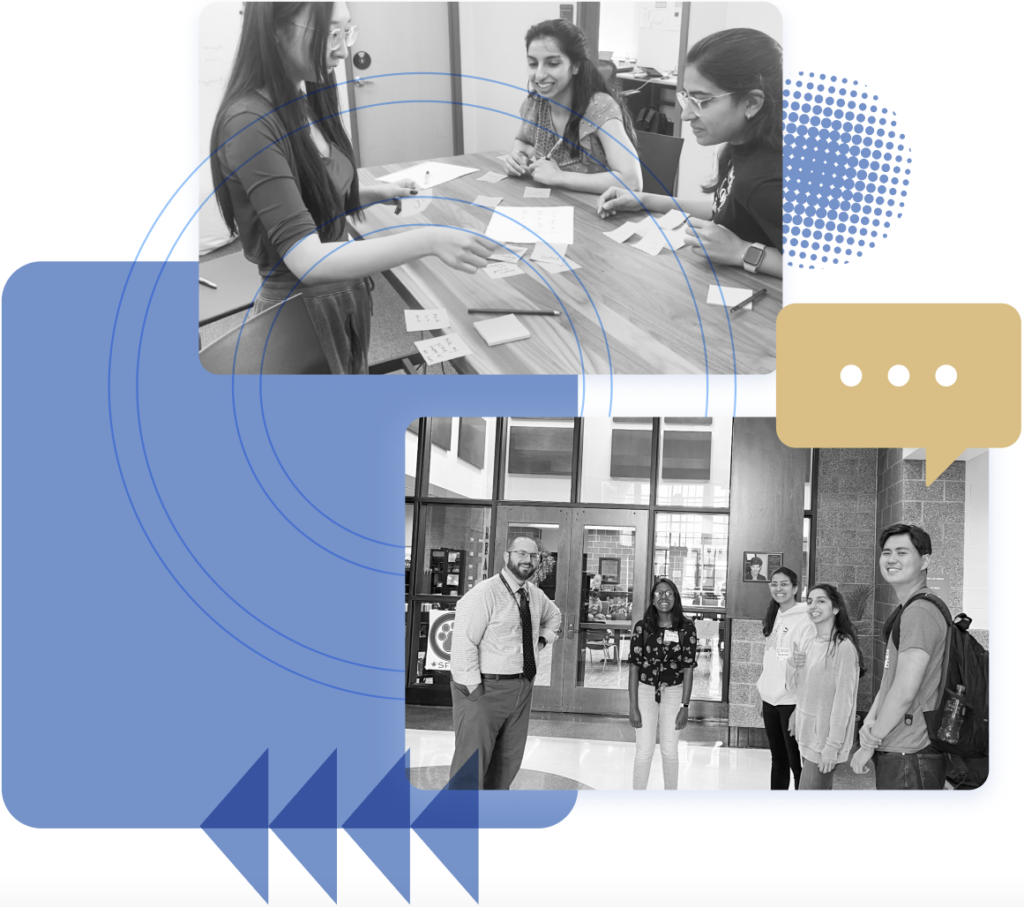
Through 7 months of rigorous research in collaboration with domain experts, teachers and students, we have confidently identified 10 design heuristics to enhance students’ people skills for success.
These heuristics empower educators and administrators to design effective in-class and out-of-class experiences, fostering holistic student development in interpersonal aspects of life, preparing them for the ever-changing innovation driven economy.


